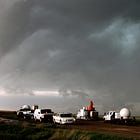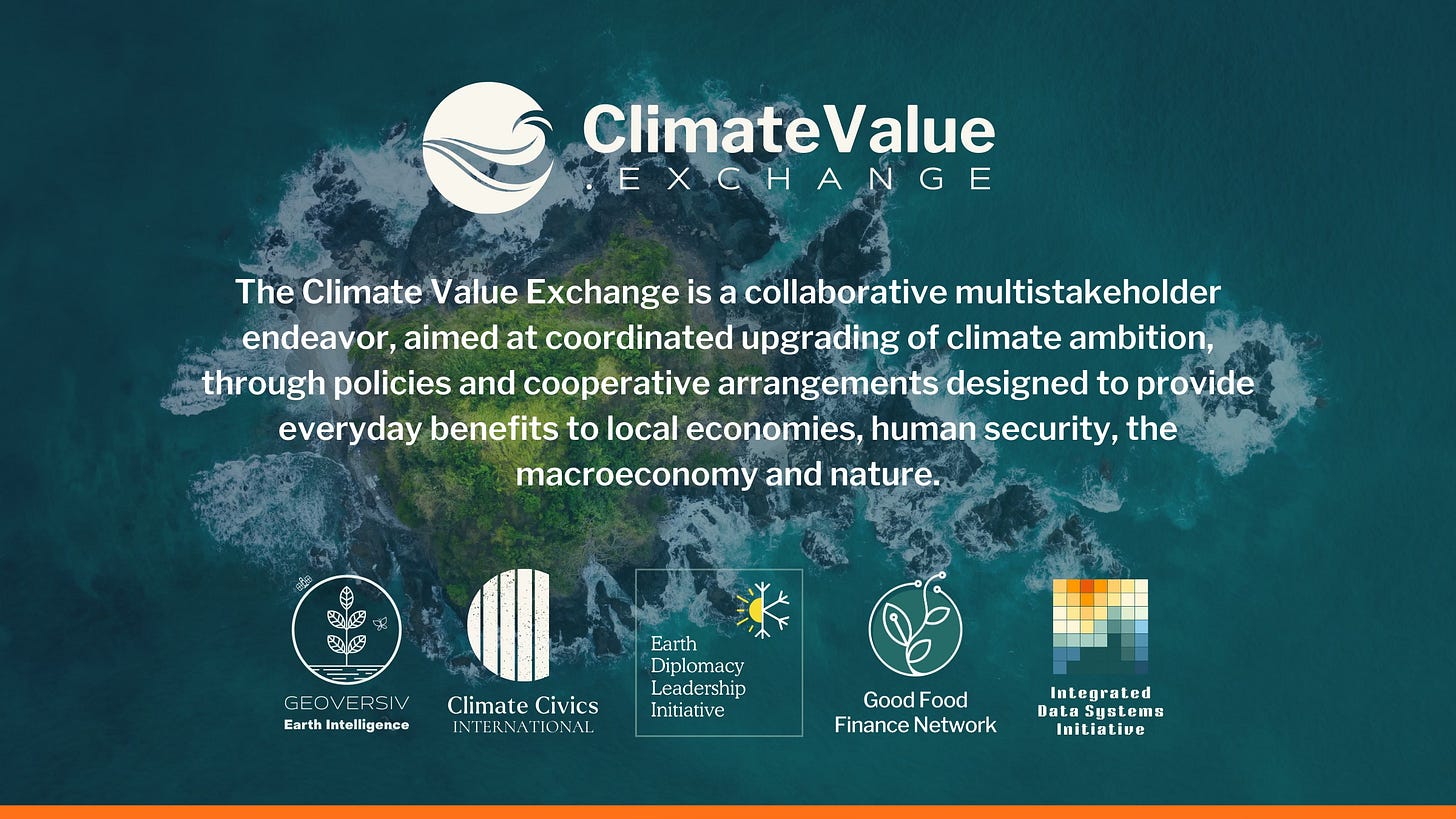SEC climate reporting rules make the U.S. safer & more prosperous
Securities & Exchange Commission to stop defending its climate reporting rules—creating likelihood of delayed innovation timelines & higher future costs.
Last week, we learned that the Securities and Exchange Commission was planning to drop its legal defense of climate reporting rules. This move will likely lead to widespread noncompliance, which will result in the deliberate obscuring of information from investors, consumers, and from stakeholders who might be directly harmed by climate-disrupting practices. This will have real and irreversible costs that will impact Americans now, and for generations to come.
The move appears to be based on a fundamental misperception of the problem at issue, and the related costs and benefits. The new U.S. administration views regulations as costly, burdensome, and as limiting freedom and opportunity. This assumption is applied to all regulations, regardless of serious cost and risk questions.
One example of this was the removal of safety engineers responsible for securing the nation’s nuclear weapons—an obviously poor decision that had immediate costs, and which has now degraded overall safety as well as confidence in the administration’s ability to secure the nation.
Though that decision was reversed, it did not stop DOGE from gutting a key agency responsible for national nuclear security.
Another example was the firing of biohazard and pandemic prevention specialists in the field, who were working to contain an active outbreak of Ebola. Despite claims of a quick reversal, there were costs, including deep damage to public confidence. Ebola prevention and containment programs are reported to be “in tatters”.
Nuclear weapons and Ebola are two areas where it is unwise to do away with advanced scientific and technical capability. It is similarly unwise to eliminate funding for maintenance of crop varieties that might save millions, or even hundreds of millions of lives, if there is a bad enough harvest failure. That also is being tried, for the same reason—the idea that all non-commercial efforts are inherently wasteful.
Back to the subject of SEC climate reporting rules: Why does corporate climate reporting matter to the average person?

Most people around the world can now see and feel, from direct local experience, that climate change is advancing rapidly. It’s not just warmer days earlier in the spring. Climate change is also:
winters without snow in northern latitudes;
a year-round fire season no only in California, but in Siberia as well;
an increasingly ice-free Arctic Ocean—which is a planetary-scale acceleration impact (as dark ocean water pulls in far more heat than reflective polar ice);
ocean temperatures above 100ºF off the Florida coast;
depletion of mountain glaciers and other freshwater sources, leading to increased water scarcity in most regions, which brings destabilization from involuntary diplacement and increasing risk of conflict;
depletion of ecosystems and related stresses on food production and increasing risks of pathogen spillovers and pandemics;
increasingly costly climate-shock disasters, and the disappearance of insurance as a safeguard against economic devastation.
In the U.S. alone, in less than one year, there have been two climate disasters projected to cost more than $250 billion. The costs of unchecked climate disruption are degrading public budgets around the world, reducing the resources needed for investment in opportunity, security, and wellbeing.
What climate reporting provides to the market is added clarity about how to reduce those costs and optimize the flow of investment to value-building activities. A few broad categories stand out: climate impact costs, climate impact risks, dependency on climate-disrupting activities, reslience measures invested or planned, related costs, and transition risk—the risk of falling behind while others start building a more vibrant, more stable future.
Having this information makes everyone smarter about investing to create value. Without this information, many—if not most—investors will look to secure higher short-term returns on investment, even if those returns cost society far, far more. While it is not necessary for the SEC to manage universal climate reporting for climate value reporting to exist, it is harder to achieve fine-grain detail and reliable investment guidance without a wider and more level playing field.
As I have written elsewhere, information about a company’s environment, social, and governance standards and performance (ESG, for short) tells investors, consumers, agencies, and stakeholders, about impacts on air, water, ecosystems, food supply resilience, human health, costs and benefits paid by others, and overall value-creation potential and effect. In other words, such data is about protecting people, and a healthy economy.
When the Federal Reserve Bank joined a network of central banks focused on making finance more climate-friendly and resilient, it did not do so to take on the role of climate advocate; it did so to avoid catastrophic future cost and the degradation and destabilization of the U.S. economy.
Fed Governor Lael Brainard explained:
Increased transparency through improved measurement and more standardized disclosures will be crucial. It is vitally important to move from the recognition that climate change poses significant financial stability risks to the stage where the quantitative implications of those risks are appropriately assessed and addressed.
Backtracking on climate-related insight-sharing among financial institutions will create conditions adverse to best-case business-model innovation in the U.S. economy. The longer unfair advantage is granted to businesses using destructive and outmoded practices to generate profits, the greater the cost will be to the American people and to the financial health of the country.
For more information about Climate Value, including data systems innovations aimed at ensuring it is widely available, visit ClimateValue.net









